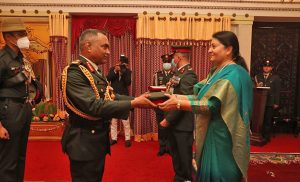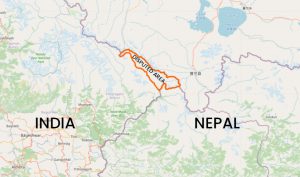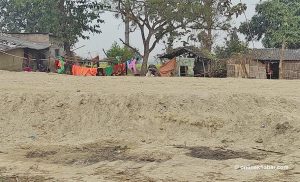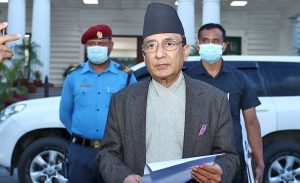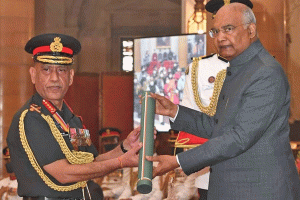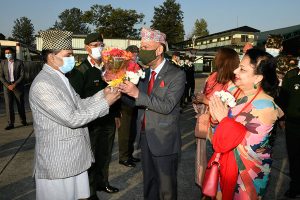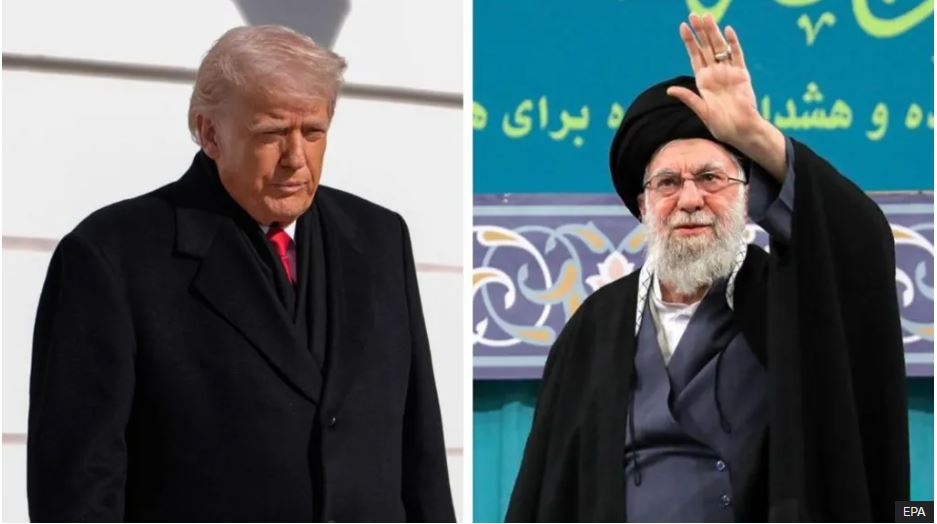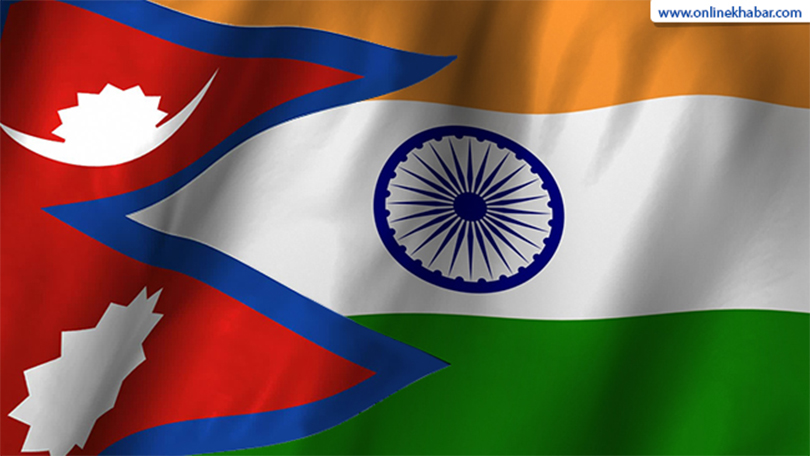
It has been years since India established a military camp in Kalapani by encroaching on the Nepali territory. Despite multiple requests from Nepal over these years, India did not listen. However, after Nepal issued its new political map recently, New Delhi says, rather softly, it is ready to solve the outstanding dispute through diplomatic dialogue.
But, Nepal has already moved one step ahead. After issuing the new map, the government has registered a constitution amendment bill to revise the country’s coat of arms that shows a map. Hopefully, the Federal Parliament will unanimously endorse the bill in the next few days, giving the constitutional recognition to the new map.
Before issuing the map, the government of Nepal had launched efforts of a diplomatic solution to the border dispute, time and again. But, India did not listen; it continued shunning and suppressing Nepali concerns. Perhaps, Nepal’s recent decision of issuing the new map is a result of this suppression.
All opposition parties and civil society in Nepal have supported the government move. People seem unified to safeguard their country’s borders. India’s efforts to create a Pahad-Madhes division have failed, so are its subtle attempts to create fissures between major parties. All the parties are on the same page regarding safeguarding nationality.
Hence, India now has to prove that it is serious about holding talks with Nepal. It is New Delhi’s responsibility to create a conducive environment for the conversation.
If India does not withdraw its military troops from Kalapani, there will be no point holding talks because the Nepali map with the territories of not only Kalapani but Lipulekh and Limpiyadhura also has become a part of the country’s constitution. Nepal has already moved ahead; there is no way it could go back.
Nepal chose to move ahead because of India’s continued insult and neglect of the issue. Now, India should understand that Nepal will soon be amending the constitution to incorporate the new map, and it will not be amended again for the same reason anytime soon. It means Nepal’s prerequisite for the talks is/should be India’s renouncement of the disputed territory up to Limpiyadhura.
Does India really want to seek a diplomatic solution to this problem? If this is the case, it is India’s duty to create a trustworthy environment. For this, India has to stop the construction of the link road to Manasarovar in compliance with Nepal’s diplomatic note handed over to the Indian ambassador in Kathmandu. Likewise, it has to acknowledge the report of the Eminent Persons’ Group (EPG). Perhaps, these two initiatives will not be enough, again, because Nepal has already incorporated the new map in its constitution.
The withdrawal of the Indian troops from Kalapani should be Nepal’s precondition for the talks with India.
After amending the constitution, the government of Nepal has to dispatch another letter to India, requesting a meeting to discuss the issue, clearly articulating its precondition, the withdrawal of the Indian troops from Kalapani.
But, what if India does not comply with the request? A sovereign government is free to take any action to safeguard its territory. As the disputed Kalapani region will become a part of the country’s territory constitutionally, the government can take the needful action to safeguard it. It does not need to solicit international support. Neither can it stay silent. As Prime Minister KP Sharma Oli has vowed before Parliament, the government should reclaim its land.
Because the Nepali people have supported the prime minister’s commitment, he does not have the luxury to delay his action. Hopefully, his Indian counterpart has also understood that.
(Translation from Onlinekhabar Nepali edition)




